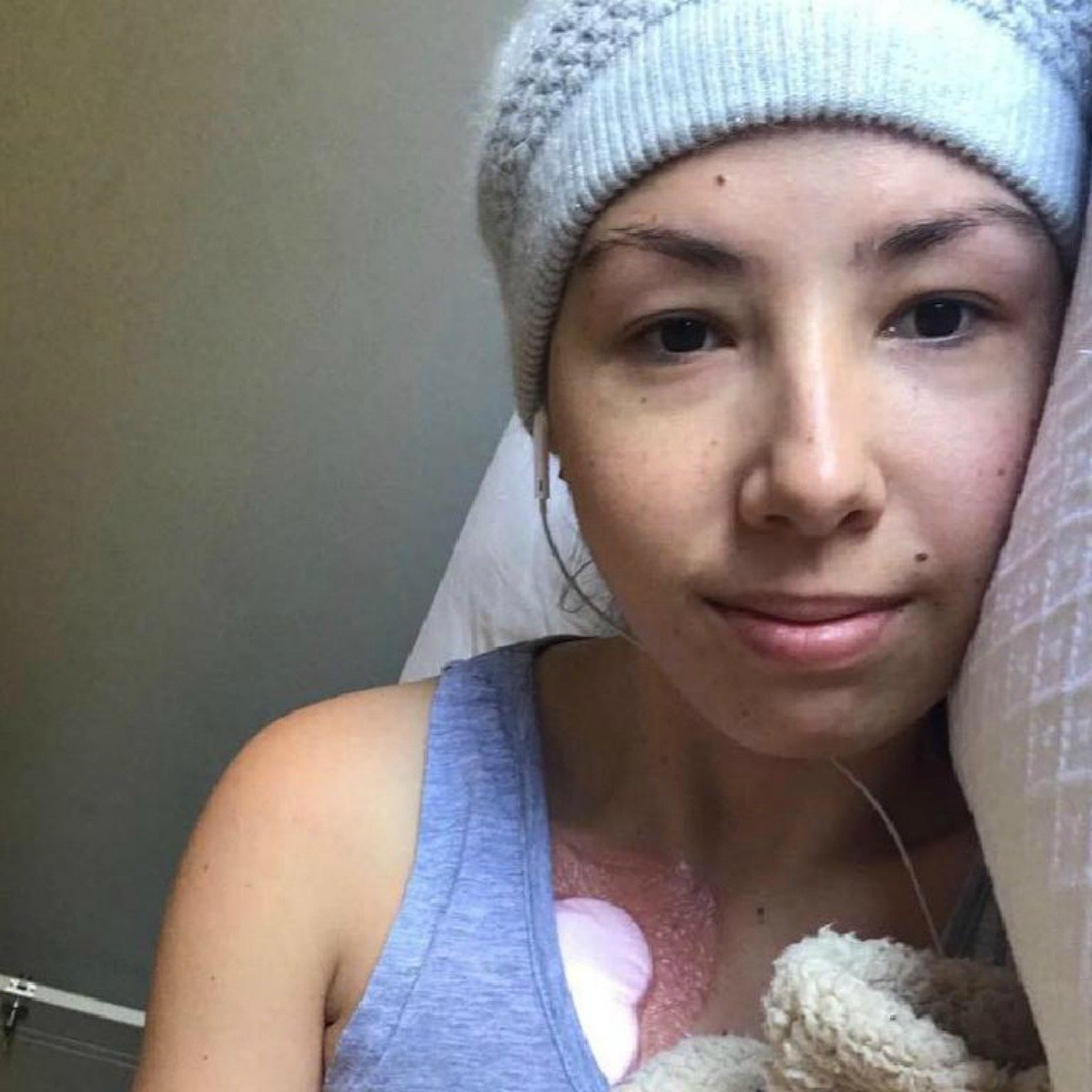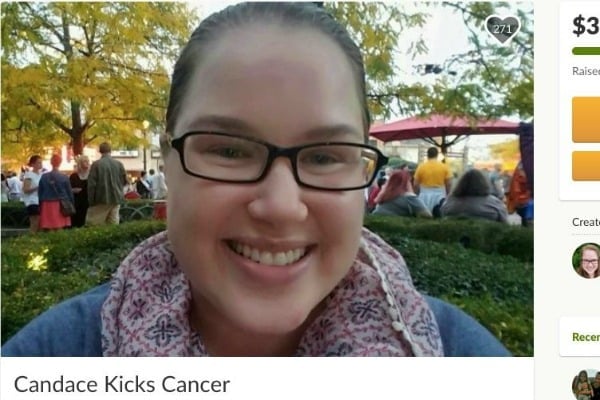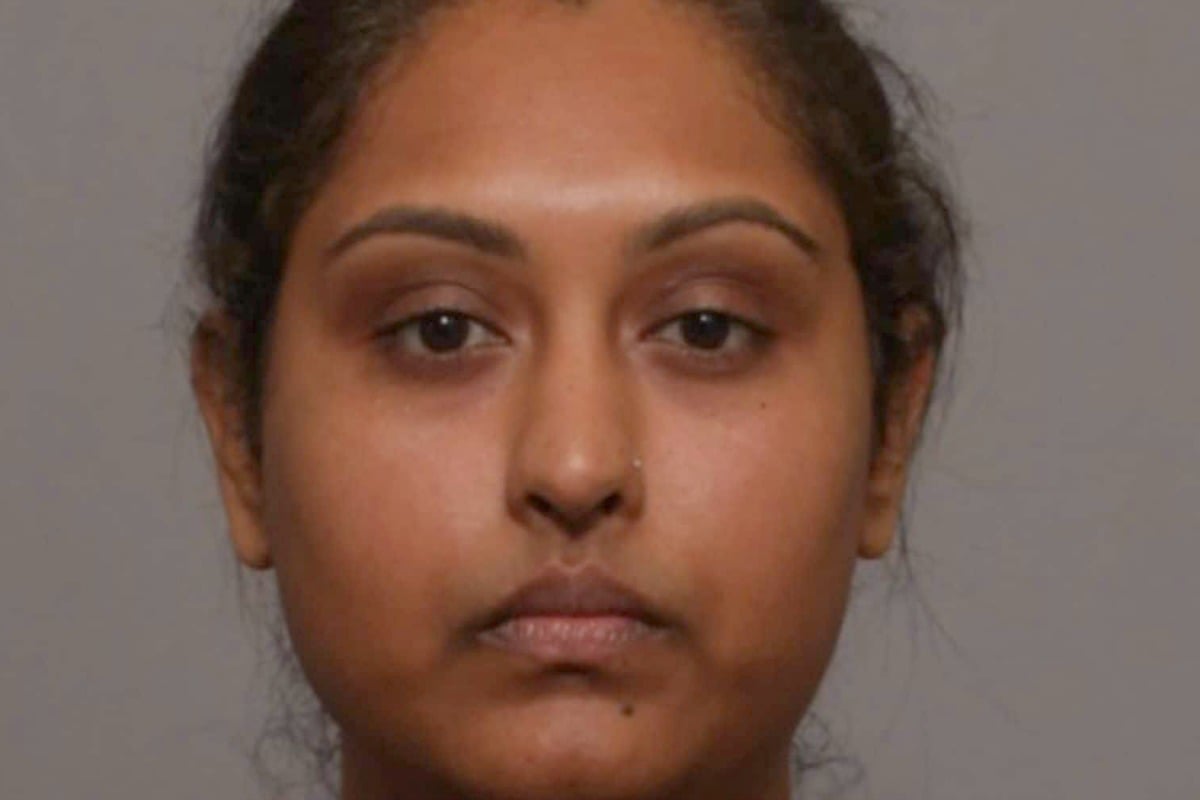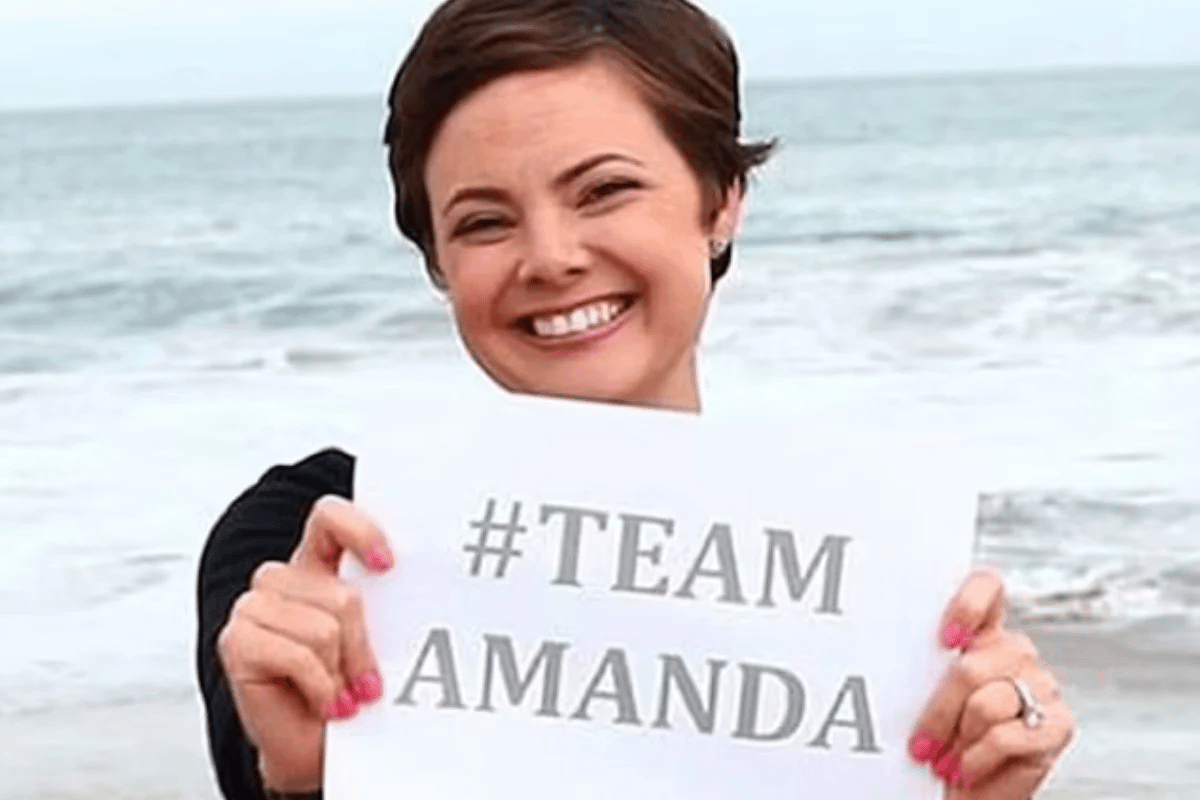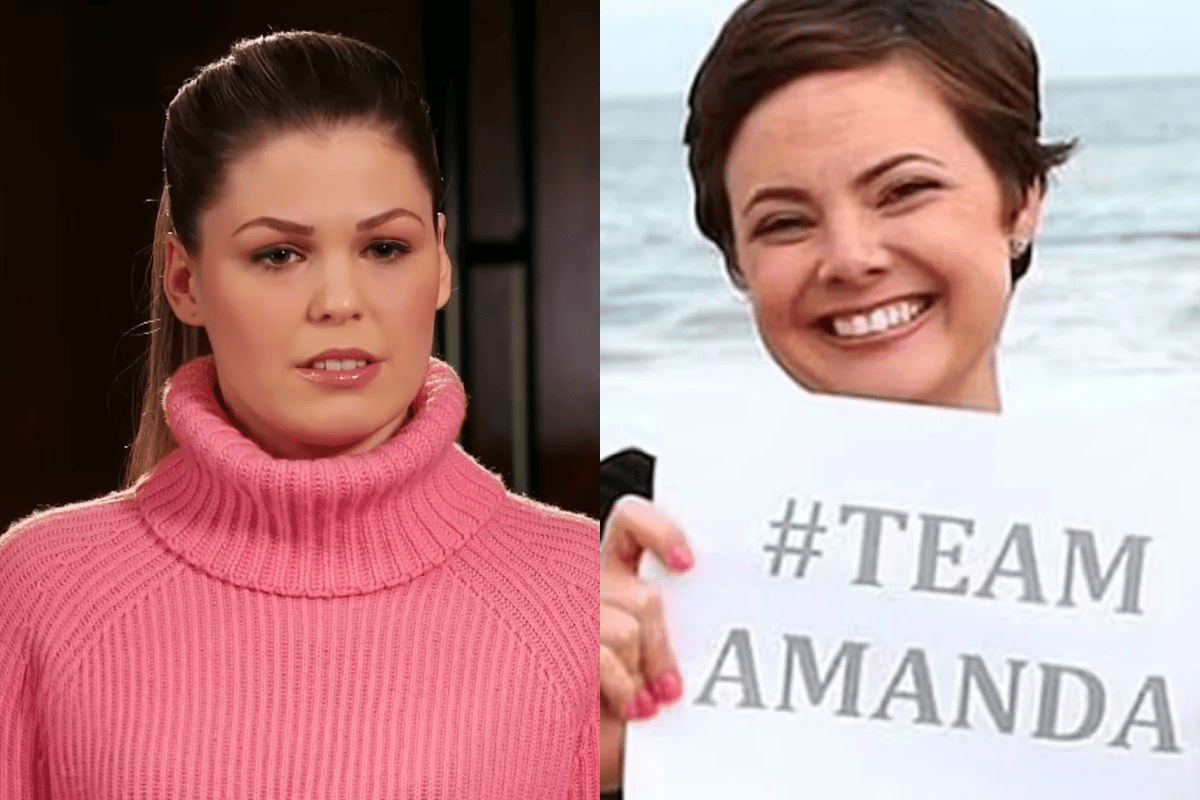
Since being found out as a fraud, Belle Gibson has shown no guilt or remorse. She has not explained her actions or given any indication that she regrets the impact her lies had on other people, particularly cancer sufferers.
Gibson grew a large online following after she claimed she had brain cancer that was cured through the alternative therapies plugged in her wellness app, The Whole Pantry.
Why people fake cancer online. Post continues after podcast.
Eventually, her lies unravelled, and it was discovered none of it was true. Now, her story is being revisited in the Netflix hit series Apple Cider Vinegar.
She was fined $410,000 by the Federal Court after duping her Australian consumers — many of whom did actually have cancer — out of half a million dollars. She had promised to donate the proceeds to multiple charities.
Since being issued the fine in 2017, the 33-year-old has not paid a single cent, even after facing several warnings for not paying the fine for breaches of consumer laws. She claims she simply cannot afford to. As of 2025, the fines have reportedly escalated due to non-payment.
Gibson's deception represents a textbook case of what experts in psychological disorders have been studying for decades.
Clinical Professor of Psychiatry Dr Marc Feldman is an expert in Munchausen syndrome and in 2000 he coined the term ‘Munchausen by internet’ — a condition where someone pretends to be sick in order to get sympathy from an online community.
The internet has a "cancer faking problem", he told Mamamia‘s daily news podcast The Quicky.


